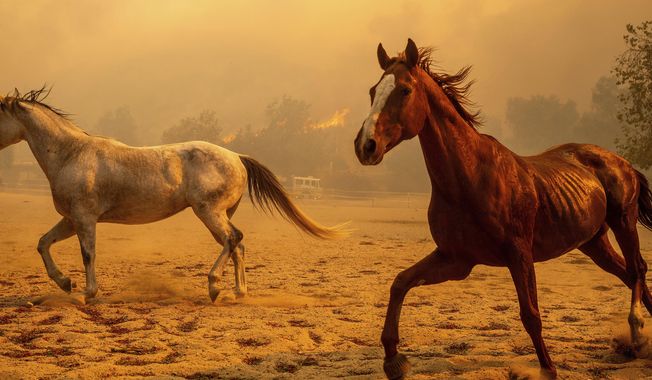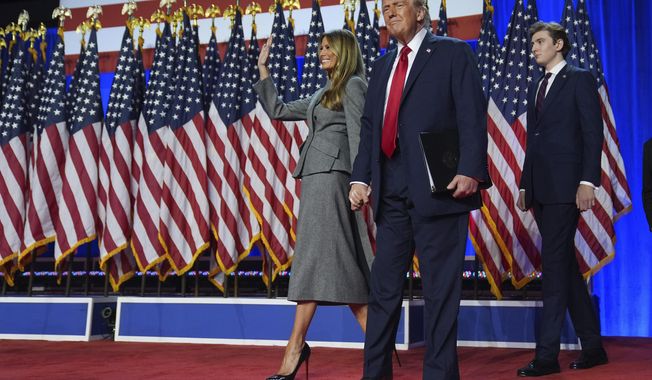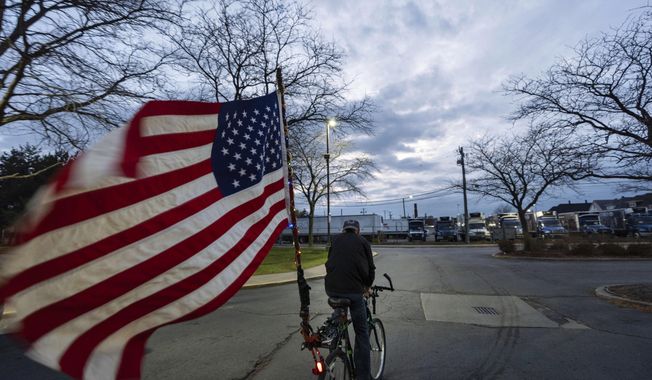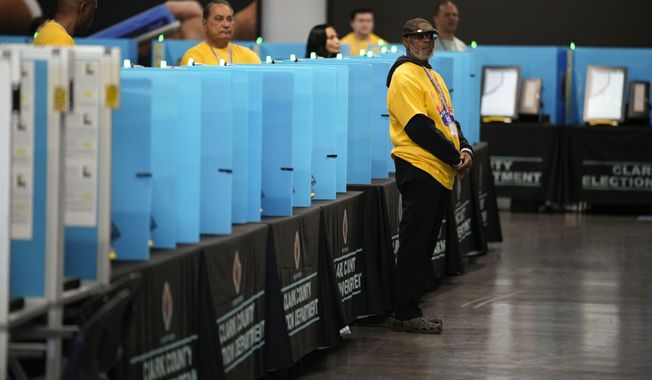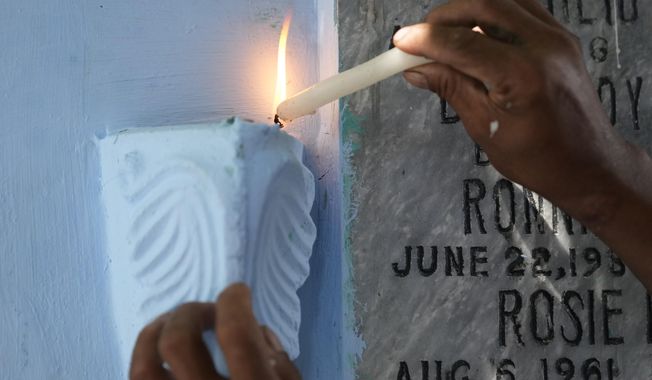
This combo photo comprises of portraits of some of the Rohingya Muslim women taken during an interview with The Associated Press in November 2017 in Kutupalong and Gundum refugee camp in Bangladesh. They said they were raped by members of Myanmar's armed forces. The use of rape by Myanmar's armed forces has been sweeping and methodical, the AP found in interviews with 29 Rohingya Muslim women and girls now in Bangladesh. They were interviewed separately, come from a variety of villages in Myanmar and now live spread across several refugee camps in Bangladesh. The military has denied its soldiers raped any Rohingya women. (AP Photo/Wong Maye-E)
Featured Photo Galleries

Trump Transition: Here are the people Trump has picked for key positions so far
President-elect Donald Trump has announced a flurry of picks for his incoming administration. Get full coverage of the Trump transition from The Washingon Times.

Trump dances onstage, takes post-election nation by storm
President-elect Trump dances onstage


